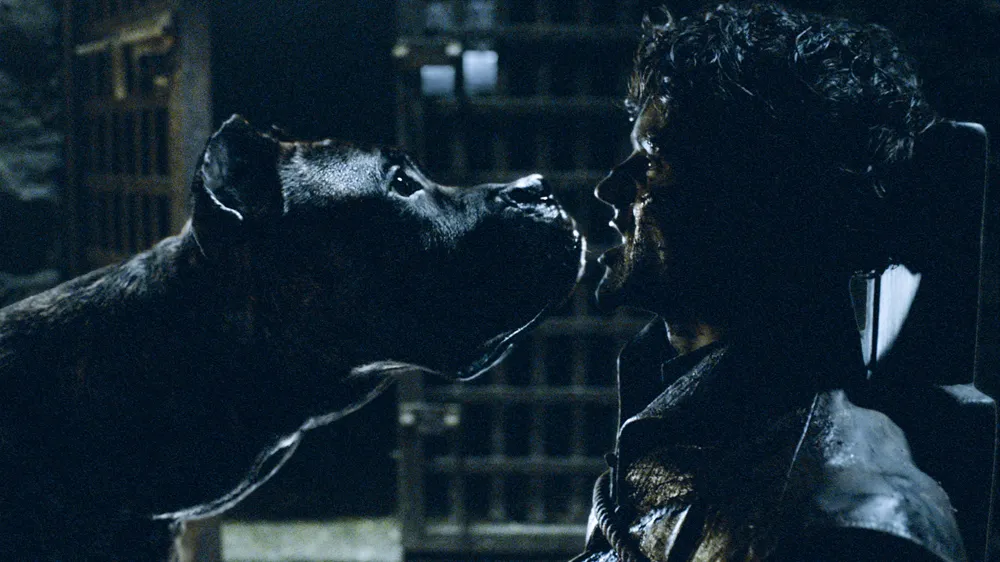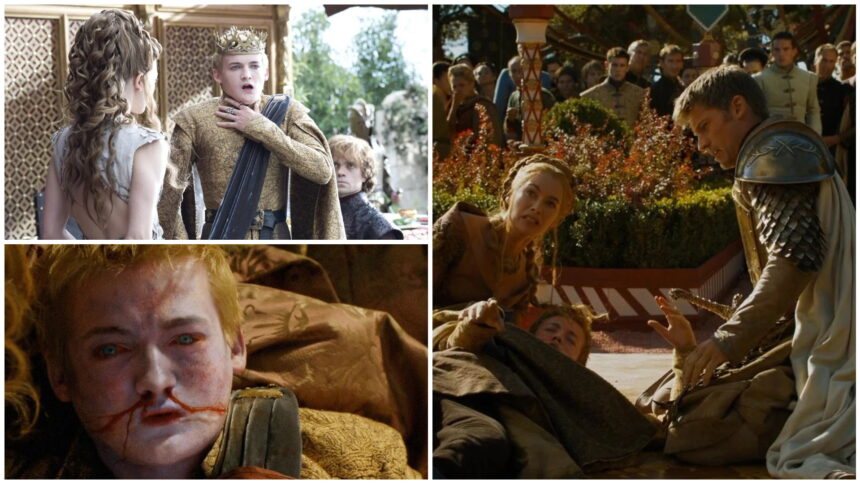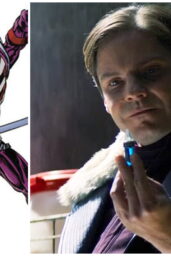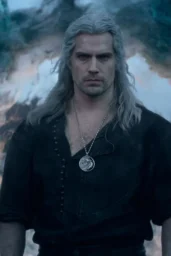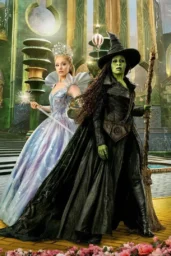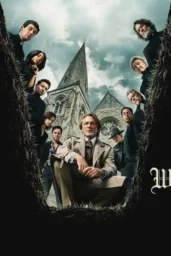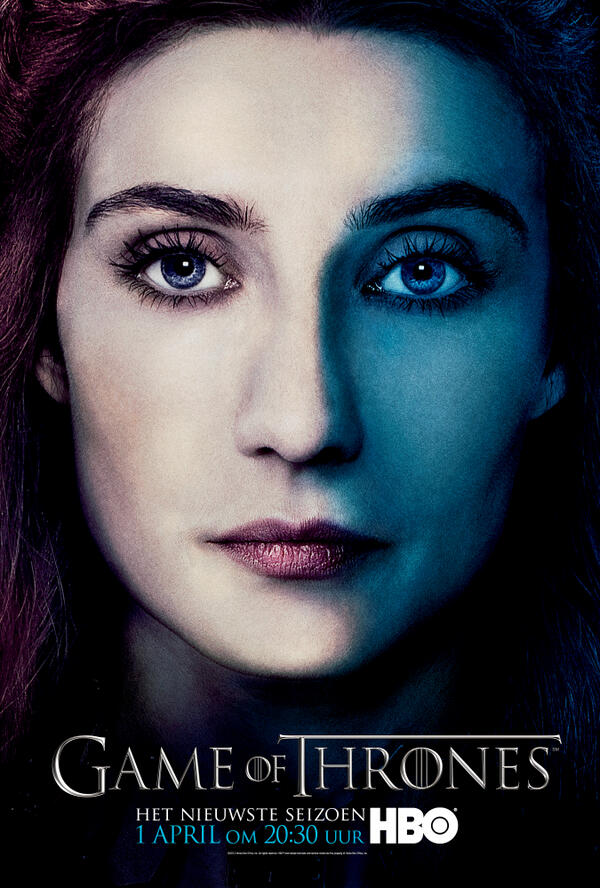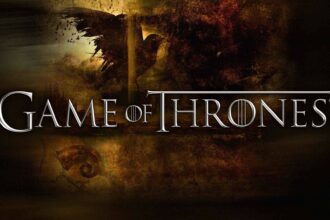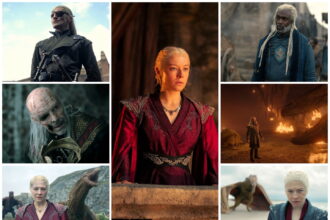There's a particular kind of joy in seeing a villain get what's coming to them—a primal, chest-thumping, popcorn-flinging moment. And Game of Thrones? It perfected that bloodsport.
Argument:
In a March 2024 interview with The Hollywood Reporter, David Benioff and D.B. Weiss, the minds who turned George R.R. Martin's sprawling fantasy into a global TV phenomenon, revealed their two favorite deaths: the venomous King Joffrey Baratheon and the sadistic Ramsay Bolton. No surprise there. These weren't just bad guys—they were villains custom-engineered in a lab to make audiences foam at the mouth.
“We finally got to really kill both Joffrey in season four and Ramsay Bolton in season six,” Weiss said, practically grinning through the quote. For a series notorious for gutting beloved characters (RIP Ned, you deserved better), executing these monsters felt like cosmic justice. It wasn't just shock value. It was balance.
Benioff drilled into Ramsay's end—fed to his own starving dogs after the Battle of the Bastards—as a particular triumph. Not because the gore was satisfying (though, let's be honest, it was), but because of Sansa Stark's slight, devastating smile. A rare moment when Thrones let a victim reclaim their narrative with chilling grace.
Here's the uncomfortable truth: Game of Thrones didn't invent the “death you cheer for” trope. Long before Westeros, audiences were punching the air when Commodus got what he deserved in Gladiator (2000) or when Hans Gruber took the slowest fall in cinema history in Die Hard (1988).
But where Hollywood typically telegraphs a villain's downfall with mile-wide clues, Thrones made you earn it. Years of abuse, manipulation, and trauma built up like a pressure cooker. Joffrey's death—mid-wedding, face contorted, a mother's screams echoing—was the anti-Disney finale. Ramsay's—quiet, almost off-screen—was a study in controlled rage.
And what separates Thrones from its bloodthirsty predecessors? Unpredictability. Ned Stark's death shattered the contract audiences thought they had with TV storytelling. So by the time Ramsay met his dogs, we weren't just celebrating a villain's demise. We were celebrating the rare moment that someone good actually won.
Would you risk a decade of heartbreak for a few perfect moments of catharsis?
Benioff and Weiss bet you would—and judging by how we're still talking about Joffrey and Ramsay's deaths, they were right.
